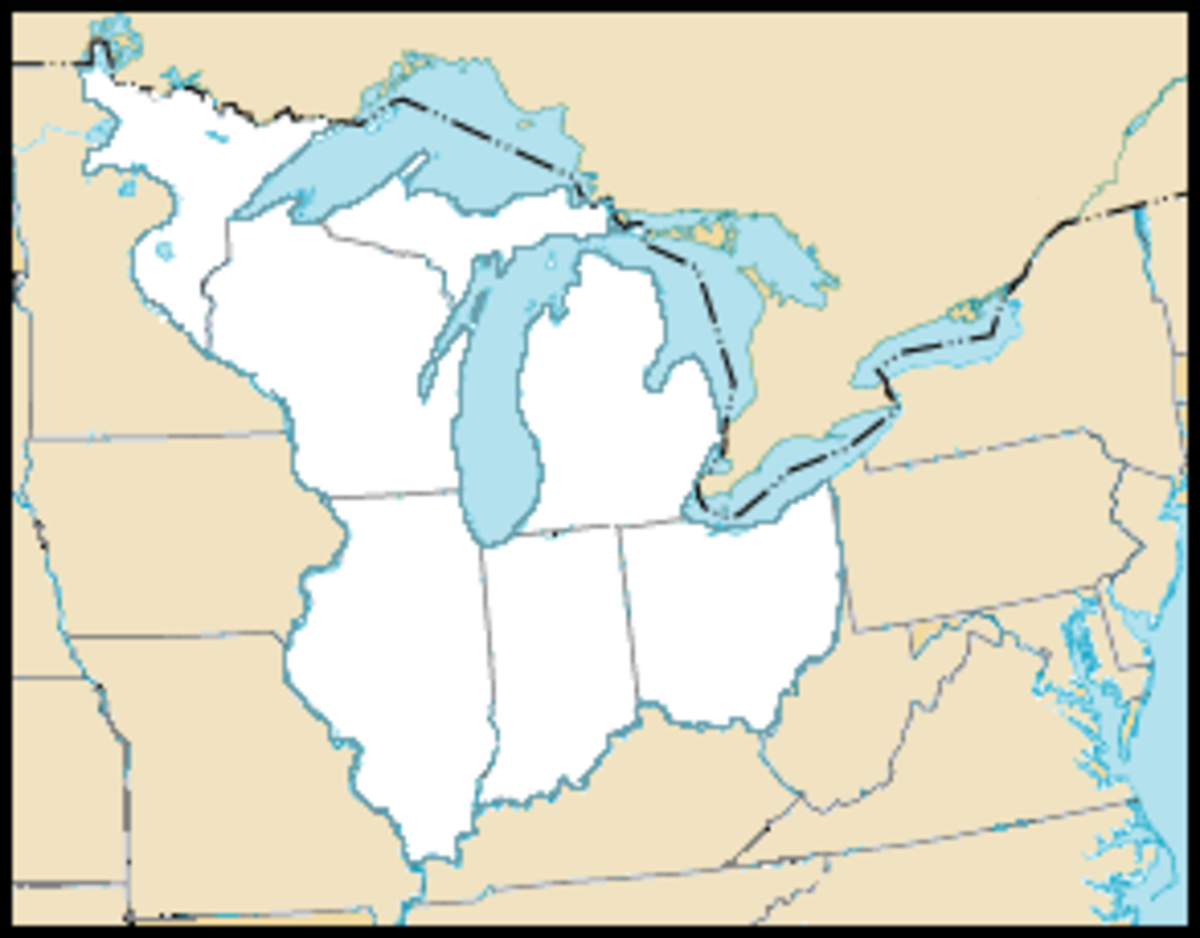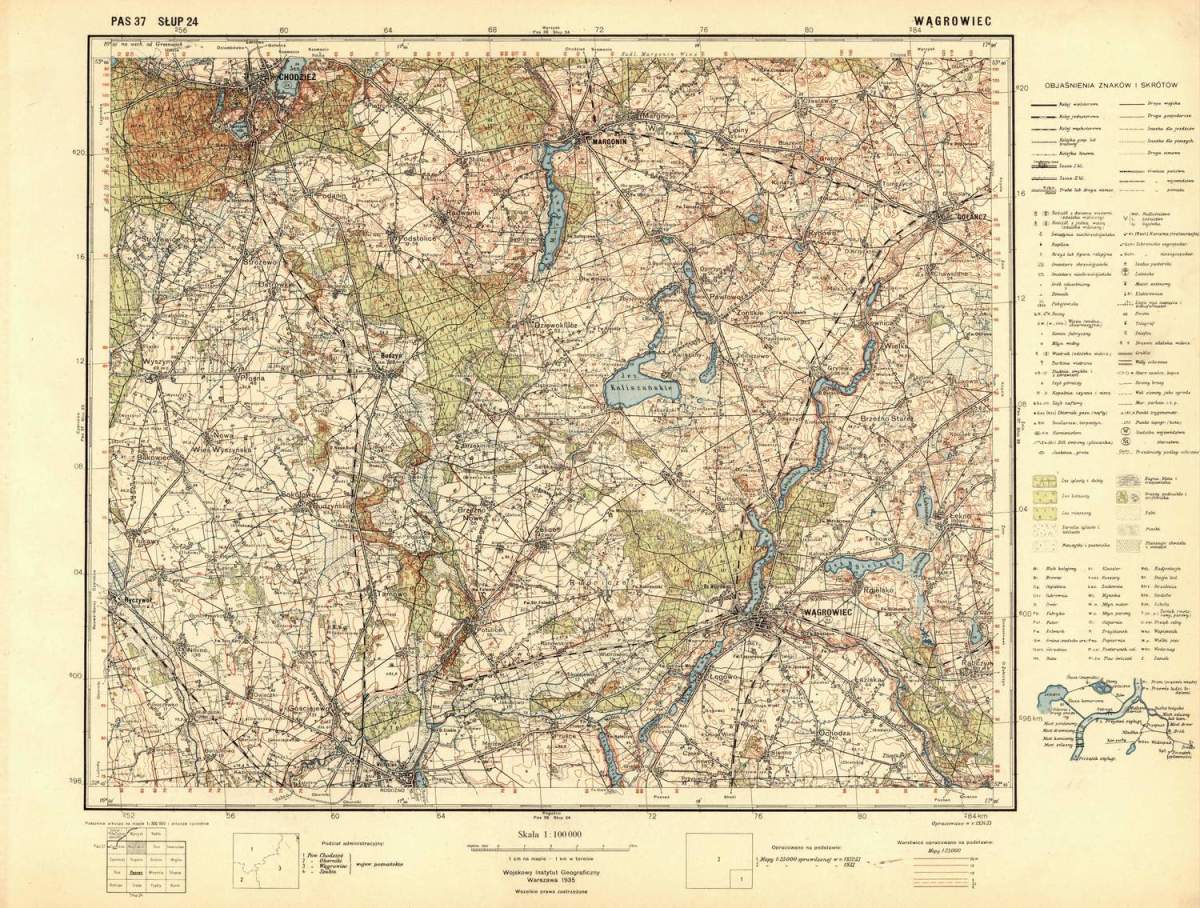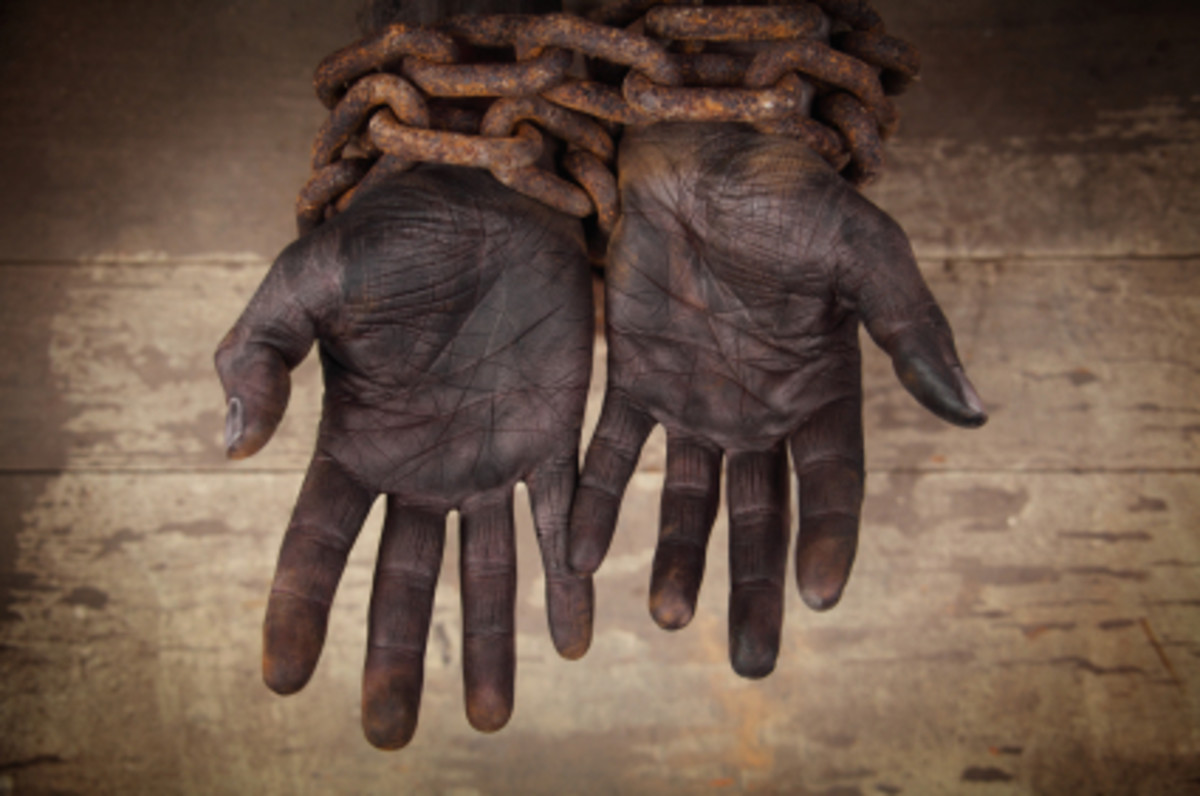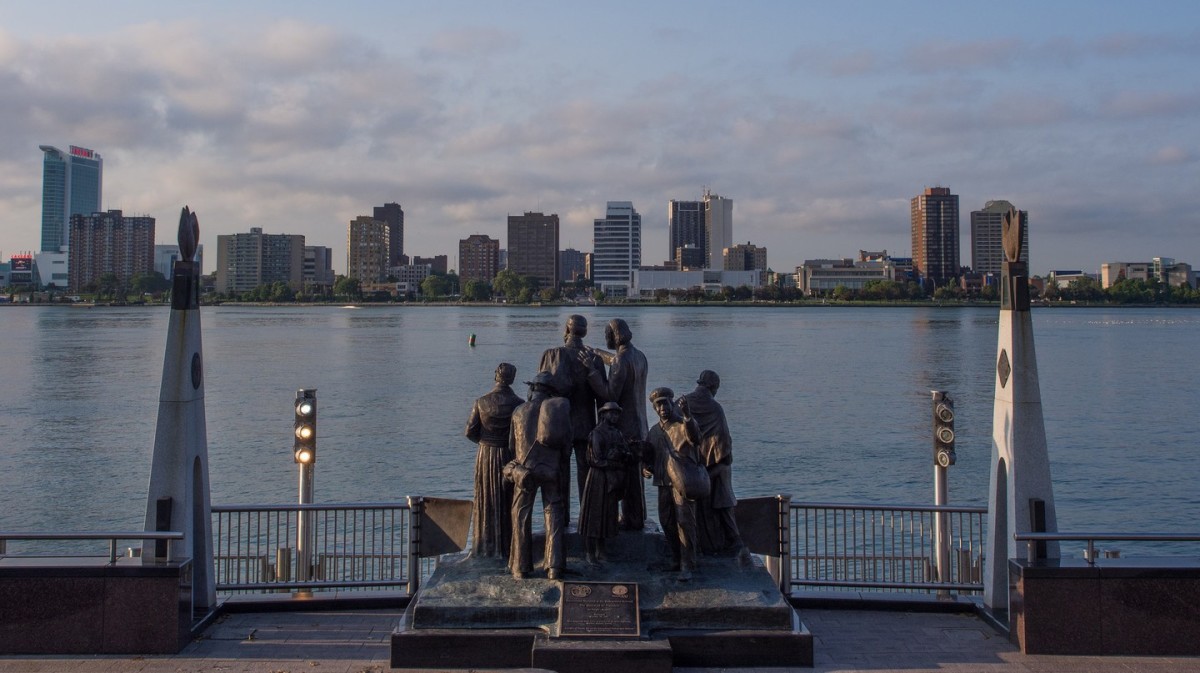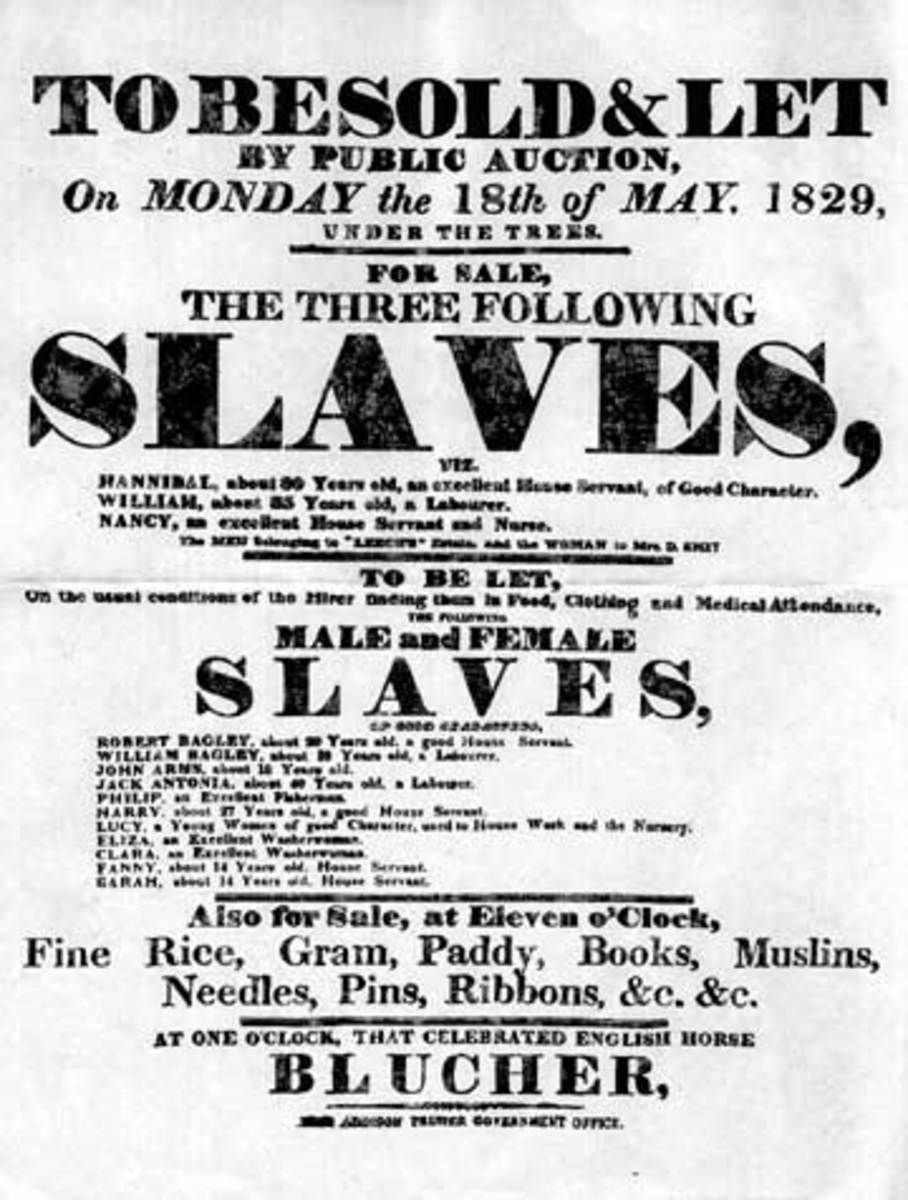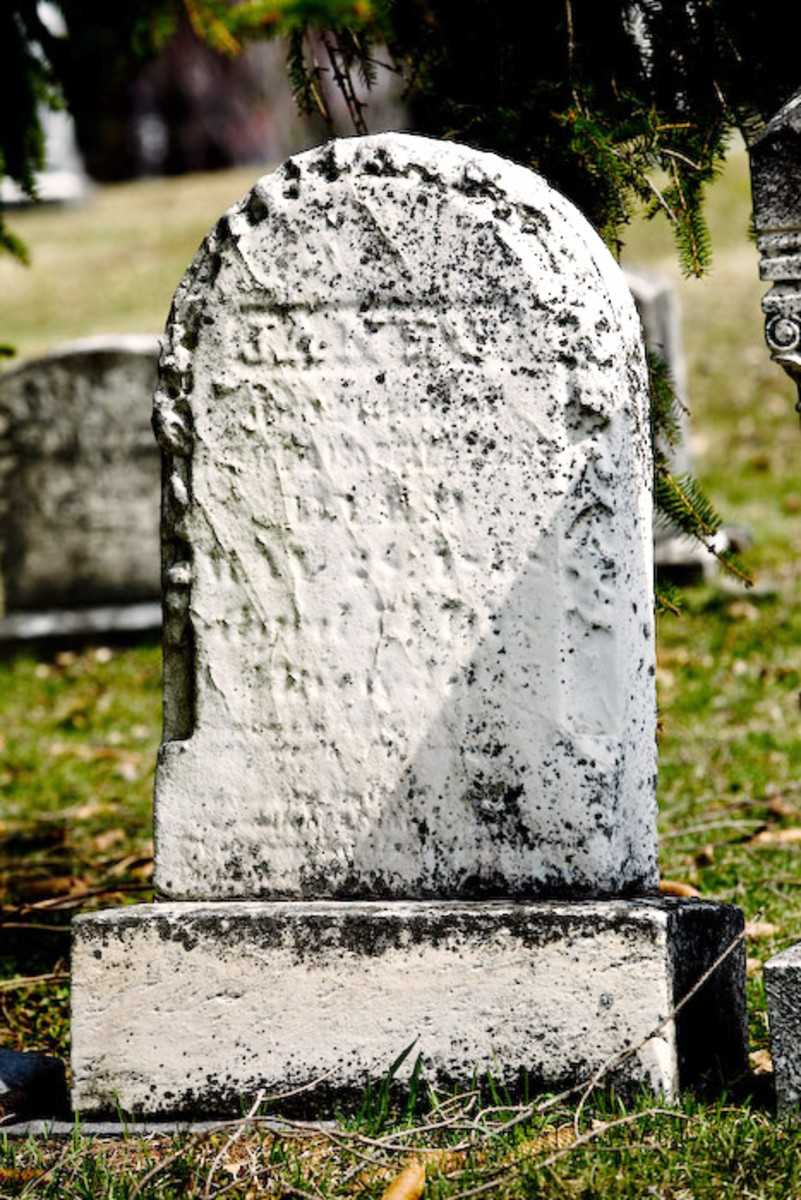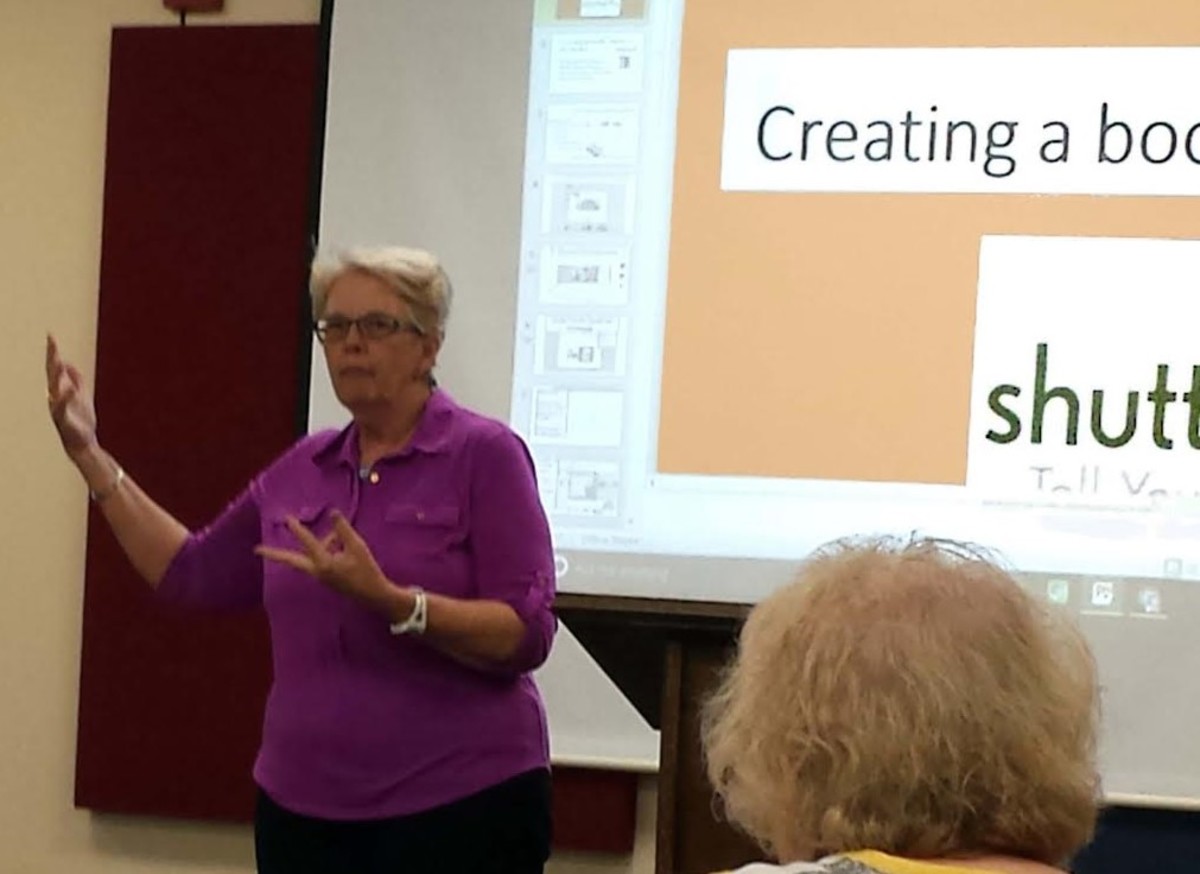Were Your UK Ancestors Slave Owners?
Free Searchable List of UK Slave Owners
Now you can search through an online database to find out if your ancestors were UK slave owners.
If you are researching your family history, it can be quite interesting to discover slave owners and probably the associated wealth in your family history - most of it's probably not trickled down to you though has it :)
A lot of wealth in the 1800s came when the UK Government compensated UK slave owners when slavery was abolished.
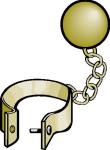
You can now search online, for free, to see who was paid out a share of over £20million in compensation after the abolition of slavery in 1833.
At this time there were over 3,000 UK slave owners who benefitted from this cash windfall - and, not surprisingly, it was mostly the rich.
The University College of London have made a list of UK slave owners available to the public, online - so if you are researching your family history it's worth knowing where that easy to use online database is and add it to your list of bookmarks.
The Database of UK Slave Owners is open to the public and allows anyone to find out details of the families involved in slavery in:
- the Caribbean
- Mauritius
- the Cape Colony (part of modern-day South Africa).
Search the UK Database of Slave Owners
- British Slave Ownership Records
Type in as little (just a surname) or as much as you know to instantly find out which UK Slave Owners were compensated when slavery was abolished in 1833.
Finding out how many slaves existed can be estimated by studying ships' records - since most were transported by ship. Records of slave ships show that an estimated 12.5 million people were transported as slaves between Africa and the Americas and the Caribbean between the 16th century until the trade was banned in 1807.
After slavery was abolished in the British Empire in 1833 compensation was paid to the current UK slave owners.
Most slave owners were men, but there were a few women who owned a few slaves. Women were not generally wealthy enough in their own right to become slave owners, which is why the few women that were owners, owned only a few slaves. In some instances the women might have been widows and the slaves had come to them via their late husband's estate.
If you were a slave owner when slavery was abolished, you had to make an official and formal claim for compensation - it is these meticulously kept records that have been the source of the database. At this time, the British Government kept very detailed records and so the information was clear and fairly easy to transcribe and collate.
This is a great database if you want to do some online research, without any costs involved. The database is quick and easy to use and yields good results.
By typing in, for example, just a surname, you will instantly see a complete list of slave owners with that name, who they are being compensated for and how much money was paid out - it's easy and fascinating.

